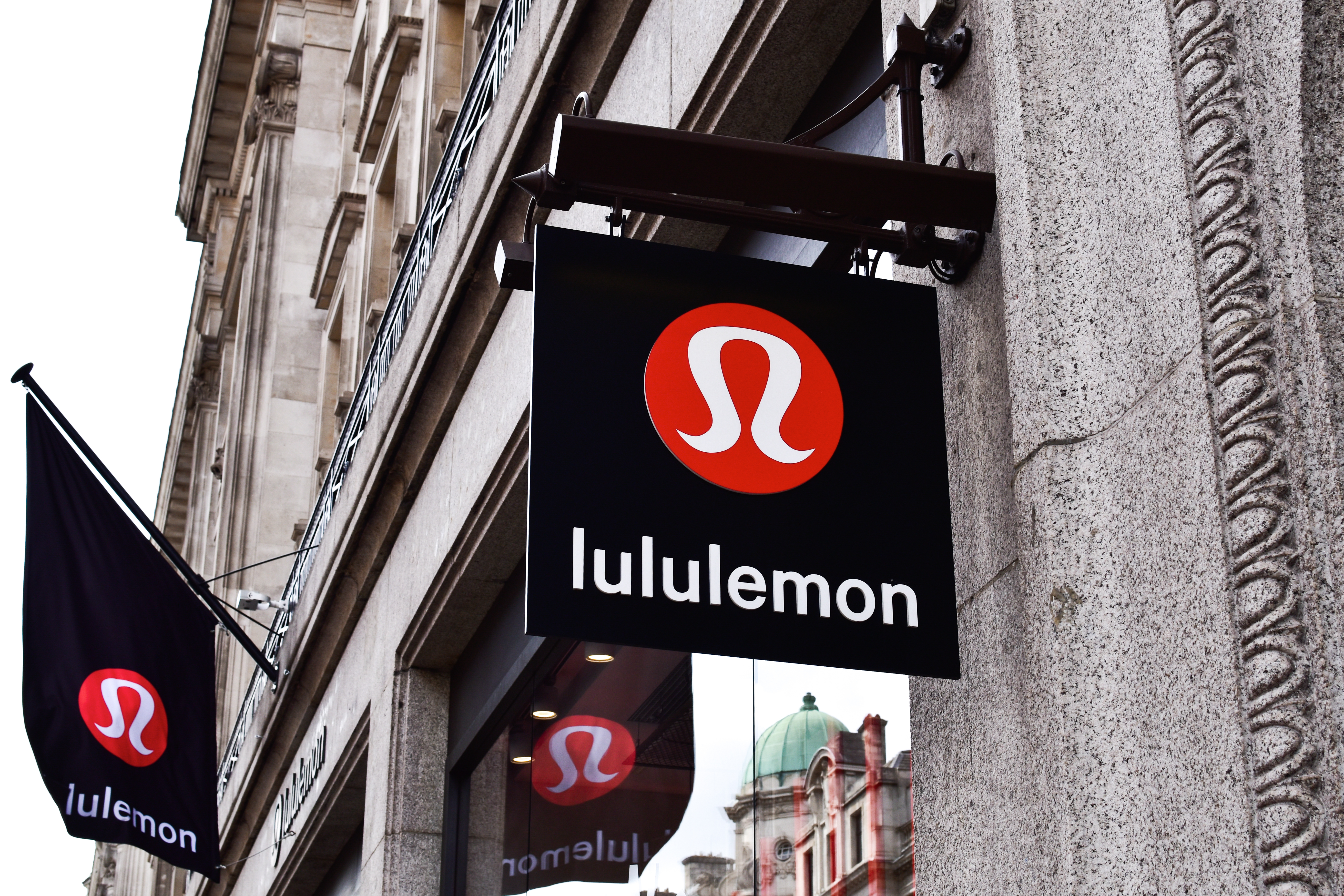Lululemon Bucks Malaise in Retail, Buoyed by Strong Demand
Ticker Symbol LULU
Higher inflation, supply chain issues, labor shortages and tepid demand have so far derailed several retailers, from Walmart and Target to Gap and T.J. Max, but the athletic apparel maker Lululemon continues to see strong demand for its products. The firm’s shares are down in the morning session after the equity market pulled back.
The company, who was one of the beneficiaries from the pandemic and the work-from-home trend, has held up well through reopening’s as well. Chief Executive Officer Calvin McDoanld said during yesterday’s earnings call that the company’s customers are not balking at higher prices, and that demand for its products remain as strong as ever.
The company reported strong first quarter results, with an adjusted earnings per share of $1.48 against an analyst estimated $1.43, and the year ago number of $1.16. Sales grew a whopping 33% year over year to $1.6 billion, beating the expected $1.54 billion from Wall Street. Direct-to-consumer revenue was up 33% against the 19.6% average estimate from analysts.
Lululemon did report a slight miss on margins, with the gross margin coming in at 53.9%, versus 57.1% a year ago and the 54.9% expected by analysts. Operating margin came in at 16.1%, missing some estimates for a 16.6% margin. Same store sales also were up only 24% versus the expected 25.5%.
Critically, management provided an upbeat forecast, saying it expected net revenue for fiscal year 2023 to come in between $7.61 billion to $7.71 billion. The average analyst saw $7.58 billion in revenue. The company also predicted that adjusted earnings per share would be between $9.35 to $9.50 while the estimates called for an adjusted EPS of $9.36.
Lululemon expects momentum from new product launches and its higher quality athleisure wear to continue for the foreseeable future. Despite raising prices in April to offset higher costs for raw materials and air freight, the company did not observe any dip in demand for its products. Lululemon has also slowly diversified its revenue stream, introducing footwear and skin-care products at its stores.
Through this earnings season, a dichotomy between discount and lower-end retailers, and premium or higher-end retailers, has emerged. Companies such as Lululemon, Nordstrom, Levi Strauss, and Macy’s high-end Bloomingdale division, have been able to raise prices and pass on cost to consumers without experiencing any impact on demand, while more cost-conscious shoppers have been inclined to pull-back at stores such as Kohl’s and Target.
This content is provided for general information purposes only and is not to be taken as investment advice nor as a recommendation for any security, investment strategy or investment account.

